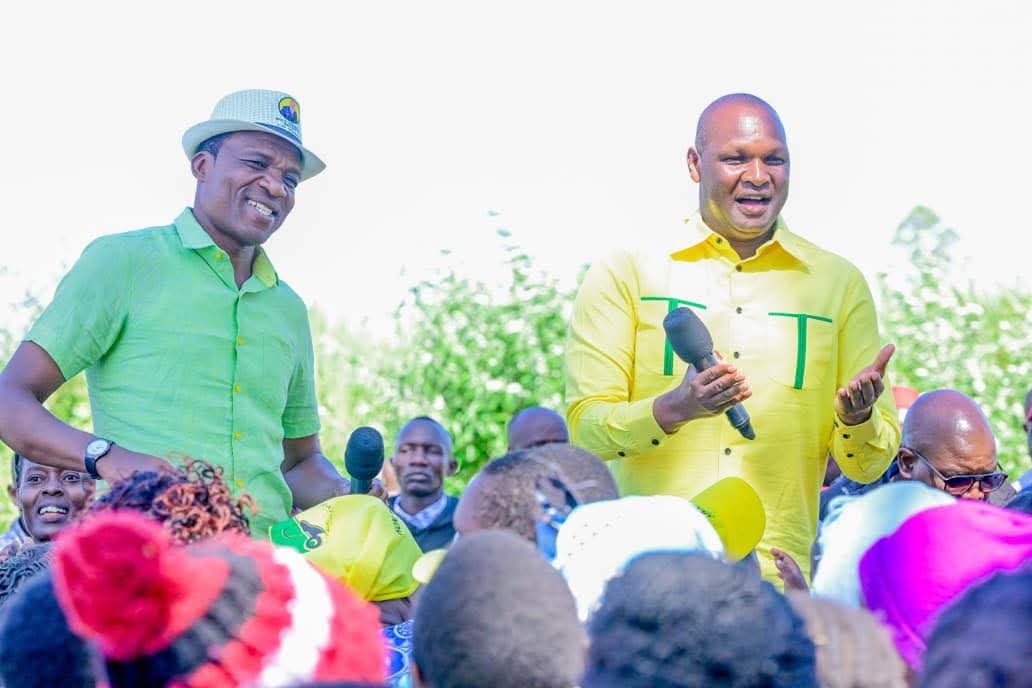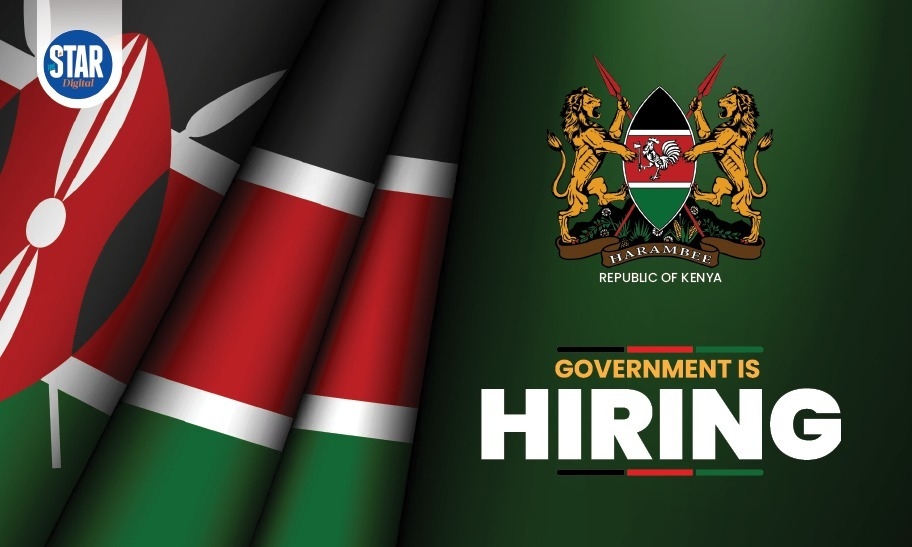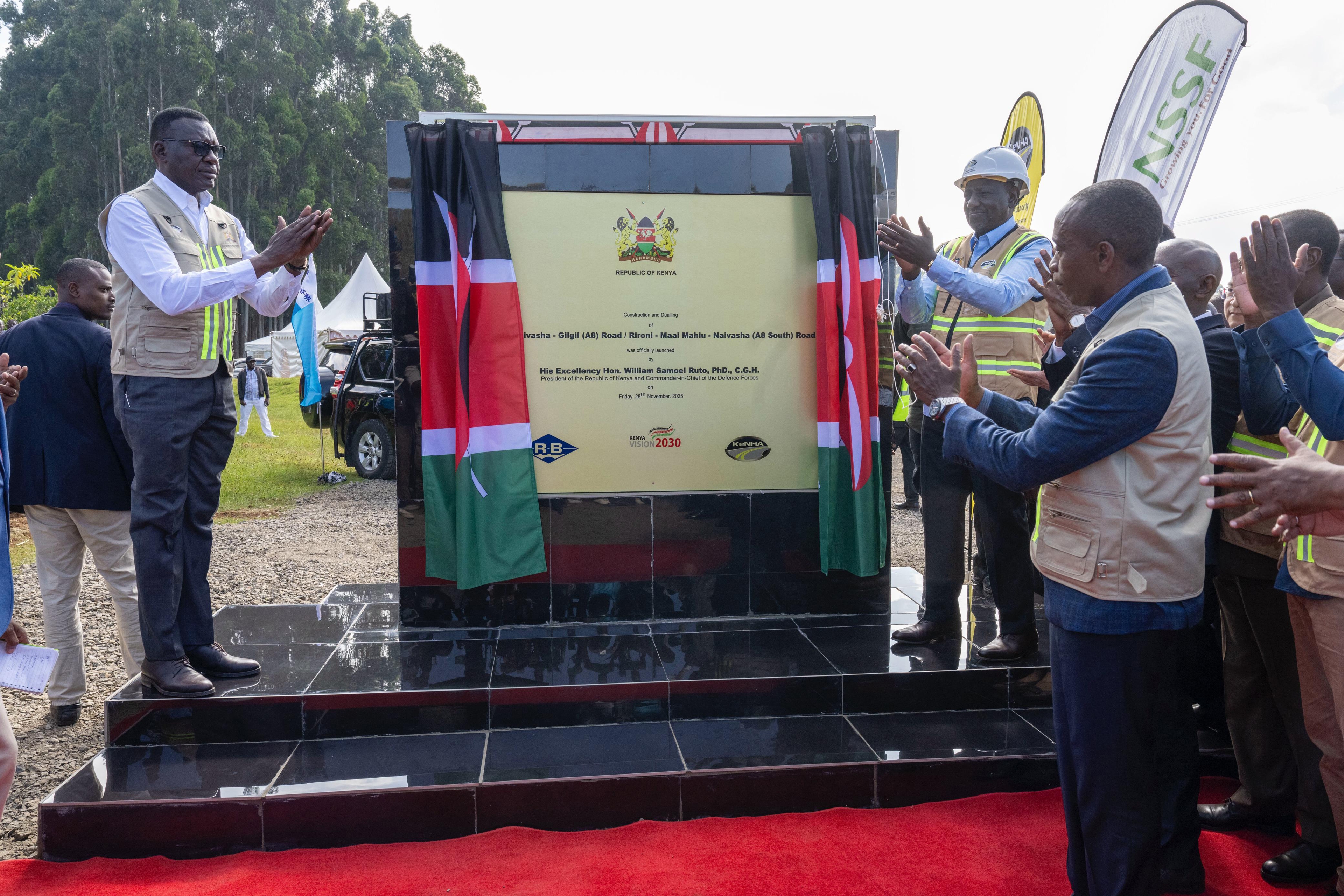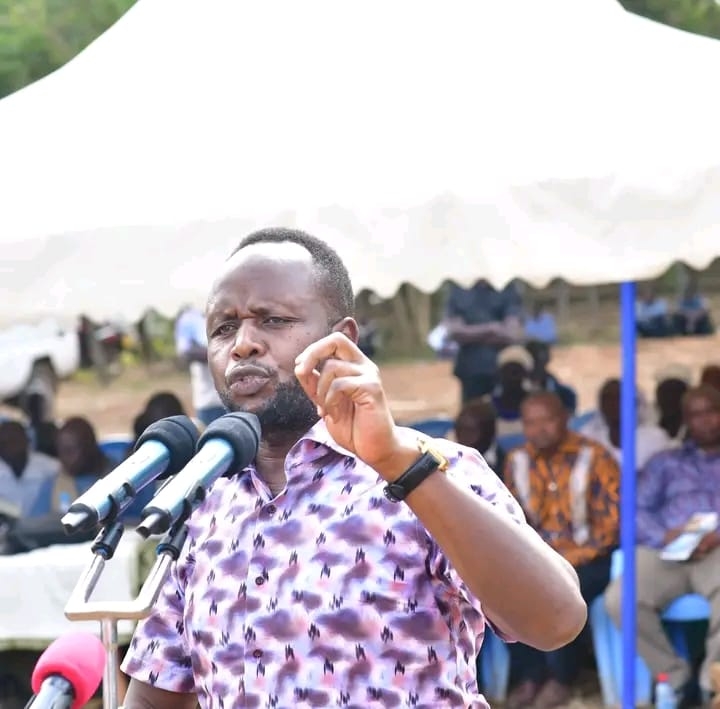Women living in Tana River want to be included in the traditional judicial system for their voice to be heard.
They believe the traditional judicial system is biased towards them as it purely comprises men.
They claim victims of sexual and gender-based violence are always dismissed leaving them traumatised.
In a report by the ChanaChena, an organization championing the alternative justice system and sexual gender-based rights in Tana River, more than 90 per cent of cases handled by the council of elders are biased.
Project Coordinator Faten Hassan noted that in most cases, men will carry the day and perpetrators of sexual gender-based violence go scot-free.
"The 'Maslah' does not favour women, a simple fine of two goats will see a perpetrator of SGBV walk free and continue targeting other vulnerable people. The victims are always left with pain," he said.
"We want both men and women to have the same voice when it comes to matters of injustice, and we are progressing that by educating communities and raising paralegals in respective communities."
The organization in partnership with the European Union and the UNDP through Amkeni Wakenya is mentoring communities on their rights and providing access to justice through training of paralegals from respective communities.
Speaking during the mentoring forum, Human Rights Activist Hanna Bamaru, 65, recounted how she disagreed with family members over wealth after her husband died.
"They wanted everything including the children, saying that I had no right to own property, that I was no longer their relative," she said.
She sought justice from the council of elders but until today, she has never been successful.
Bamaru knew it was a battle she had already lost, and no argument could buy the jury of elders to sense.
She swallowed their judgment like a bitter pill that she has lived with for more than three decades.
This prompted her to become a human rights activist, championing inclusivity in the Council of Elders' judicial system.
"The right for women to own property and the right to inheritance should be discussed in these systems, the alternative justice system needs the voice of women to speak for women," she said.
In Tana River, most courts are located in far-flung areas thereby making it difficult to access justice.
Residents in Bura rely on the court in Hola or Garissa which are 50km and 95km apart respectively, while residents in Tana Delta rely on the High Court in Garsen which is accessible to few.
As a result, most cases are left unresolved since victims abandon their cases due to a lack of finances to follow them up.













